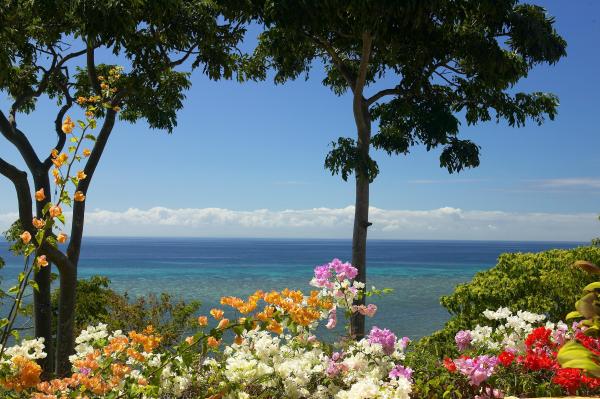
Cebu Taoist Temple
by Jane Dacumos on January 28, 2014Built in 1972, the Cebu Taoist Temple is located in Beverly Hills Subdivision in Cebu City. The temple was built by Cebu's substantial Chinese community. With an elevation of 300 meters above sea level, the temple is a towering, multi-tiered, multi-hued attraction accessible by three separate winding routes.
» Read More

Balilihan: The Town of Grass
by Jane Dacumos on November 15, 2013The beautiful municipality of Balilihan is found in the interior part of Bohol. It is said to have been so called because of the grass (balili) which grew in abundance in the locality. Balilihan means “a place where plenty of grass grows.” It is said to have been organized as a municipality in 1828. It used to be a part of Baclayon and was sparsely settled.
» Read More

Fort San Pedro: Denoting Cebu’s Rich History
by Jane Dacumos on October 12, 2013Cebu is one of the most developed provinces in the Philippines. Aside from being the main center of commerce, trade, education, and industry in the Visayas, the city is also laden with natural and historical wonders that definitely deserve a visit. Fort San Pedro is one of the historical landmarks that the province is very proud of.
» Read More

Camotes Islands
by Christian Mack on October 1, 2013Being an archipelago, the Philippines boast a great many islands where nature is still at full bloom, and where there are many fascinating sights left to be explored. Of these, the Camotes Islands are among som of the more interesting ones, with many features to leave the visitor in amazement. Once known as the "Lost Horizon of the South," the Camotes has seen increased visitors and tourism especially over the past years, with a growing expatriate community.
» Read More

Fort San Pedro Museum
by Christian Mack on September 24, 2013Cebu is the first Spanish settlement and the oldest city in the Philippines, so it is indeed rich in culture and history. Among the many historical landmarks the city has to offer, Fort San Pedro is one attraction that should not be missed for its significance and value to the people of Cebu throughout the ages. This is best shown in its museum, where a lot of artifacts from the Spanish era up to the present are preserved and shown to the public. Inside the fort are housed the legacies of the Spanish Government, which include well preserved Spanish artifacts such as Spanish documents, paintings and sculpture.
» Read More
